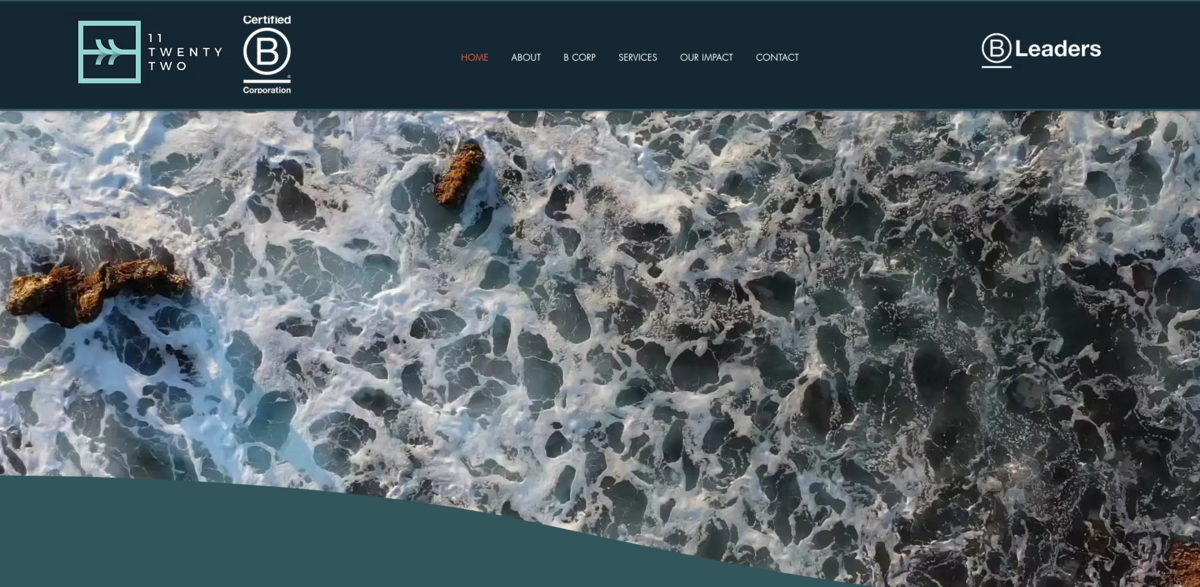What Is Sustainable Business Growth?
Sustainable business growth is all about helping companies thrive while making a positive impact on people and the planet. It’s not just a buzzword—it’s a necessity, especially with the next decade being critical for our planet’s future. Sally Burt Jones, a seasoned Sustainability Consultant, offers expert guidance to businesses aiming to grow responsibly. By considering impact, opportunities, and ambition, she supports companies in creating strategies that balance profitability with sustainability. The goal? To build trust with stakeholders, attract top talent, and secure a competitive edge that lasts.
The Main Benefits of Sustainable Growth
Choosing to grow sustainably comes with some pretty impressive perks. Here are some key figures and facts that highlight why this approach matters:
- Over 4,000 companies worldwide have become certified B Corporations, spanning 77 countries.
- B Corps grow up to 28 times faster than the national average, proving that doing good can mean doing well.
- Certification ensures businesses are accountable not just to shareholders, but also employees, customers, suppliers, communities, and the environment.
- Investors see B Corps as a safer bet because they actively manage future climate-related risks.
- Consumers increasingly prefer ethical brands they can trust, boosting brand equity for certified companies.
- Employees are drawn to businesses with a clear purpose and legal commitments to staff welfare.
Understanding B Corp Certification
B Corporations, or B Corps, are businesses that pledge to balance profit with purpose. This means they legally commit to considering their impact on all stakeholders—not just shareholders. The certification process is rigorous, involving a detailed Business Impact Assessment (BIA) that measures a company’s social and environmental performance. This community of over 4,000 companies worldwide believes that real change starts from the ground up, and that business has a vital role to play in solving today’s biggest challenges.
The Role of a B Leader
Being a B Leader means having deep expertise in the B Corp certification process and sustainability strategy. Sally Burt Jones earned this title after studying directly with B Lab UK in October 2021. This knowledge equips her to guide companies through the complex certification journey, offering tailored support and advice. A B Leader understands how to navigate impact reporting, materiality assessments, and the nuances of sustainability consulting to help businesses succeed in their sustainable growth ambitions.
Why Sustainability Strategy Matters
Developing a sustainability strategy isn’t just about ticking boxes—it’s about embedding purpose into the core of a business. It helps companies identify their most significant environmental and social impacts and turn those insights into actionable plans. This strategic approach galvanizes stakeholders, builds trust, and drives long-term value. Plus, it positions businesses to adapt to evolving regulations and market expectations, making sustainability a key driver of resilience and innovation.
Project Impact on Sustainable Development Goals (SDGs)
- SDG 8: Decent Work and Economic Growth
- SDG 9: Industry, Innovation, and Infrastructure
- SDG 12: Responsible Consumption and Production
- SDG 13: Climate Action
- SDG 17: Partnerships for the Goals
Impact Reporting and Materiality Assessment
Impact reporting and materiality assessments are crucial tools in sustainability consulting. They help businesses measure, understand, and communicate their environmental and social impacts clearly. By focusing on what matters most—material issues—companies can prioritize efforts that deliver the greatest value to stakeholders and the planet. This transparency not only builds credibility but also drives continuous improvement, making sustainability an integral part of business success.


















